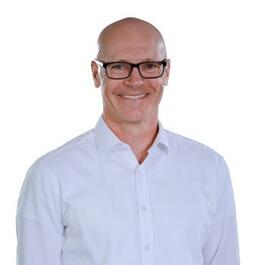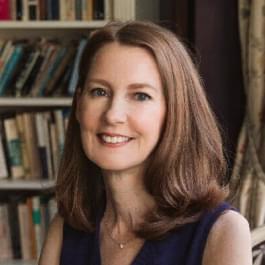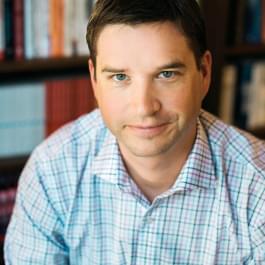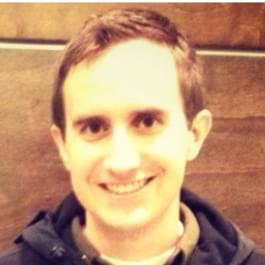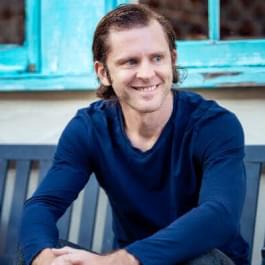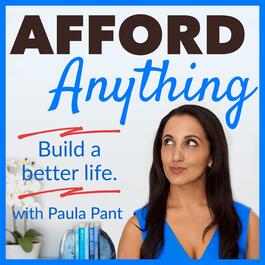
Afford Anything
You can afford anything, but not everything. We make daily decisions about how to spend money, time, energy, focus and attention – and ultimately, our life. How do we make smarter decisions? How do we think from first principles? On the surface, Afford Anything seems like a podcast about money and investing. But under the hood, this is a show about how to think critically, recognize our behavioral blind spots, and make smarter choices. We’re into the psychology of money, and we love metacognition: thinking about how to think. In some episodes, we interview world-class experts: professors, researchers, scientists, authors. In other episodes, we answer your questions, talking through decision-making frameworks and mental models. Want to learn more? Download our free book, Escape, at http://affordanything.com/escape. Hosted by Paula Pant.
Show episodes
#630: Interesting observations about the current housing market, meme stocks (again), GDP, Fed Meeting, Stock Market, and the latest Jobs Report updates. Timestamps: Note: Timestamps will vary on individual listening devices based on dynamic advertising run times. The provided timestamps are approximate and may be seve

Nick Maggiulli: The Wealth Ladder Has Six Rungs (and Most People Never Climb Past Four)
#629: Here's the thing about personal finance advice: what works when you have $10,000 won't work when you have $1 million. Yet most financial guidance treats everyone the same, whether you're scraping together a $1,000 emergency fund or deciding whether to upgrade to business class. Nick Maggiulli, author of "The Wea

Why Nice People Struggle with Money, with Dr. Sandra Matz, Professor at Columbia Business School
#628: You follow all the right personal finance advice. You know you should save more, invest regularly, and build an emergency fund. So why does it feel so much harder for some people than others? The answer lies in your personality. Dr. Sandra Matz, a professor at Columbia Business School, studies the intersection of
#627: Jlyn and her husband are 20 years from retirement, but they’ve got their eye on a second home they’ll live in when the time comes. Should they make the purchase now, or keep saving? Reese was recently laid off, and she’s struggling to choose between two financially responsible paths. Should she continue her long-
#626: A software programmer and an accountant walk into retirement planning. Are they being creative? Dr. Zorana Ivcevic Pringle, a senior research scientist at Yale University's Center for Emotional Intelligence, says absolutely. Pringle defines creativity as something that's both original and effective, whether you'r
#625: What do you do when you've reached financial independence? JL Collins says it depends entirely on your spending rate, not just your net worth. Collins joins us for part two of our conversation about what happens after you reach financial independence. He tackles the question of whether you should invest different

